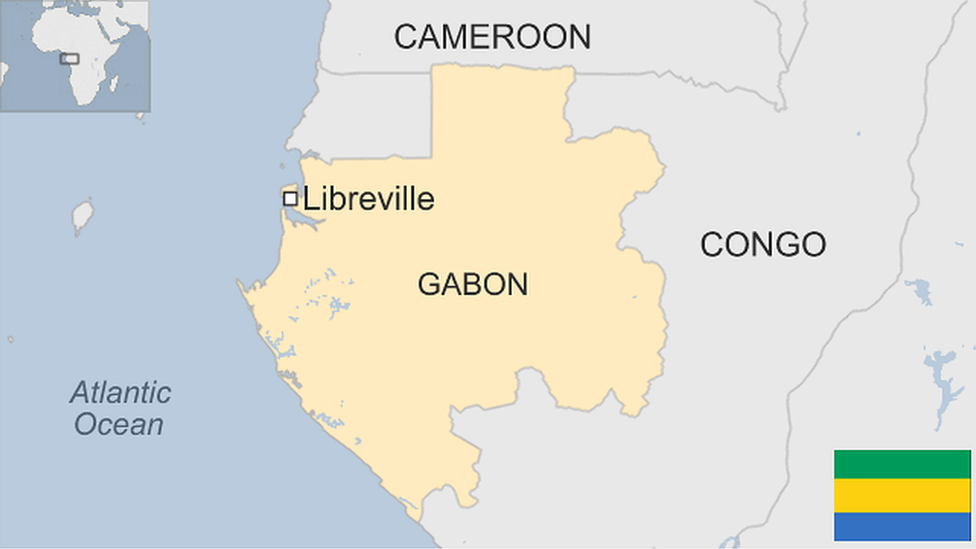Equatorial Guinea country profile
- Published
This page is no longer being updated. It was last updated on 11 April 2023
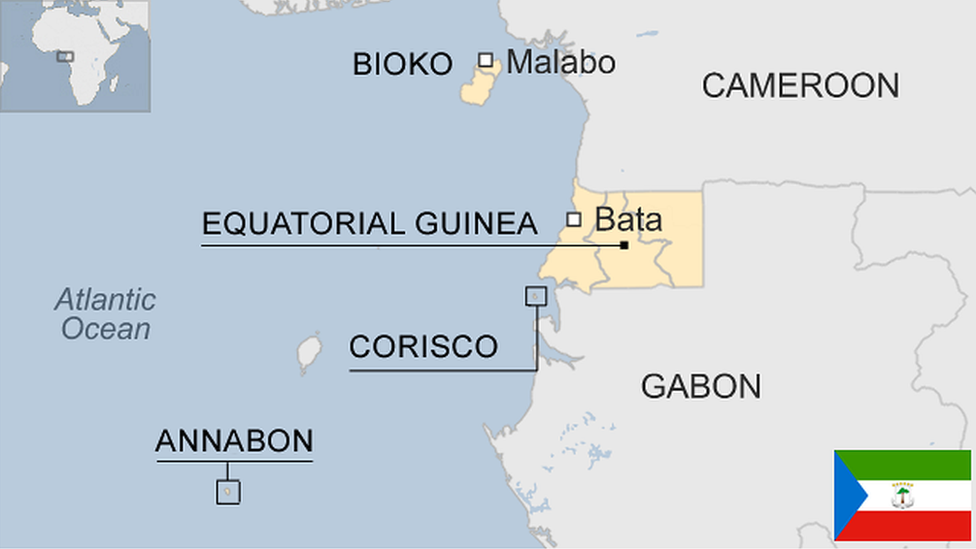
Equatorial Guinea is a small country on the west coast of Africa which struck oil in 1995, and which since has been cited as a textbook case of the resource curse - or the paradox of plenty.
The country consists of the mainland, called Rio Muni, and five islands including Bioko, where the capital Malabo is located.
The former Spanish colony is now one of sub-Sahara's biggest oil producers, but a large proportion of the population still lives in poverty.
Rights organisations have described the two post-independence leaders as among the worst abusers in Africa.
President Francisco Macias Nguema's reign of terror from independence in 1968 until his overthrow in 1979, prompted a third of the population to flee.
His successor, Teodoro Obiang Nguema, has been described by rights organisations as one of the continent's most brutal dictators.
Read more country profiles, external - Profiles by BBC Monitoring, external
REPUBLIC OF EQUATORIAL GUINEA: FACTS
Capital: Malabo (current) Ciudad de la Paz (under construction)
Area: 28,050 sq km
Population: 1.6 million
Languages: Spanish, French, Portuguese
Life expectancy: 59 years (men) 63 years (women)
LEADER:
President: Teodoro Obiang Nguema
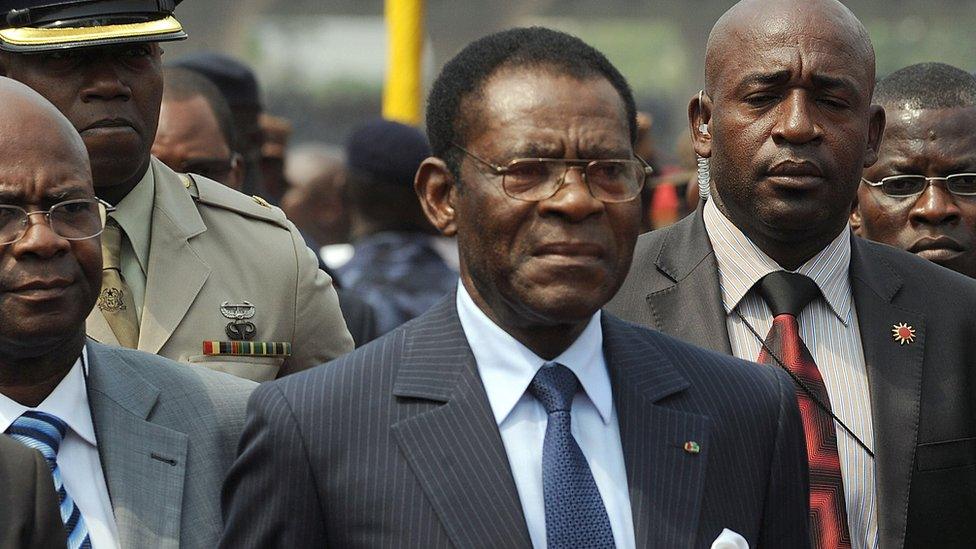
President Obiang Nguema is Africa's longest serving leader and has been in power for more than 40 years.
In 1979 he seized power from President Francisco Macias Nguema, whose rule prompted a mass exodus and thousands of deaths. The former leader was tried and executed.
The new president relaxed some of the restrictions of his predecessor - such as a ban on the Catholic Church - but kept the absolute control he inherited. He seems intent on continuing the dynasty - his son Teodoro Nguema Obiang is vice-president.
MEDIA
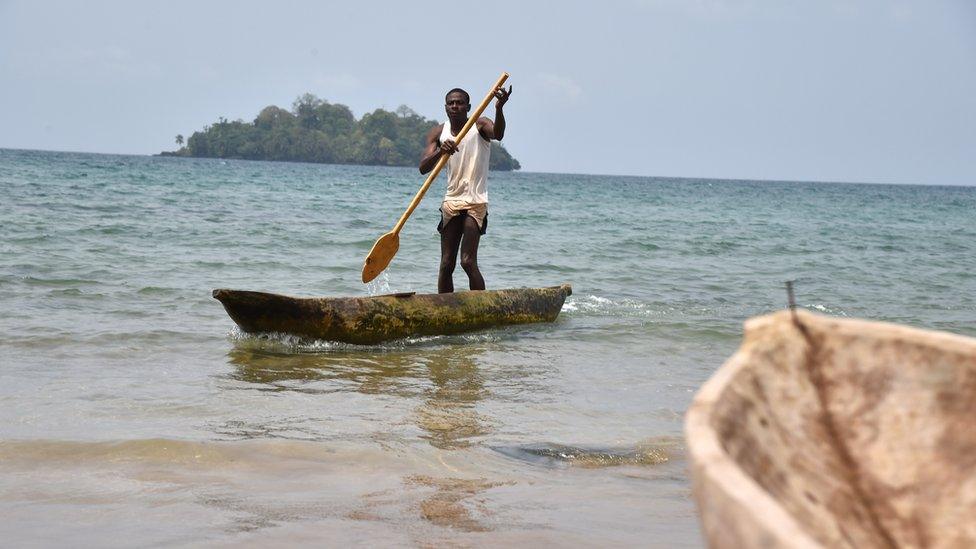
Offshore oil and gas exports account for most of Equatorial Guinea's income
There is no real media pluralism in Equatorial Guinea. The government-controlled radio and TV broadcaster is the main source of news.
However, online media outlets have developed in recent years, providing news that partly escapes government control.
It is impossible for the media to criticise the president and the security forces, says Reporters Without Borders.
TIMELINE
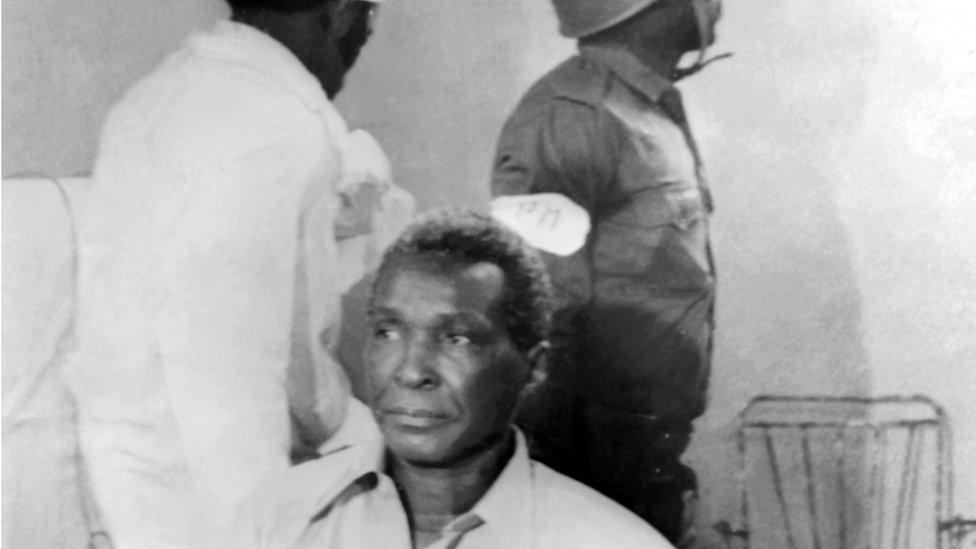
Francisco Macías Nguema, pictured shortly before his execution, was voted into office but assumed absolute personal power
Some key dates in Equatorial Guinea's history:
1471 - Portuguese navigator Fernando Po sights the island of Fernando Po, now called Bioko.
1778 - Portugal and Spain sign the Treaty of El Pardo which cedes Bioko and commercial rights to the Bight of Biafra between the Niger and Ogoue rivers to Spain in exchange for large areas in what is now western Brazil. The area becomes key for Spain's development of its Atlantic slave trade.
1827-1843 - Spain leases a base at Malabo on Bioko to the UK which uses it as a base as part of its efforts to suppress the transatlantic slave trade.
1900 - Spain never settles large areas in the Bight of Biafra which it claims and this area is gradually occupied by France at the expense of Spain. This is ratified in the Treaty of Paris, leaving Spain with the continental enclave of Rio Muni.
1904 - Fernando Po and Rio Muni become the Western African Territories, later renamed Spanish Guinea.
1968 - Spanish Guinea granted independence and the country becomes the Republic of Equatorial Guinea with Francisco Macias Nguema as president.
1979 - The president's nephew Teodoro Obiang Nguema Mbasogo seizes power in a military coup.
1996 - Mobil oil corporation announces it has discovered sizeable new oil and gas reserves.
2001 - Economy emerges as one of world's fastest-growing because of oil exploitation, but very little of this reaches the vast majority of the population.
2004 - Suspected mercenaries arrested over alleged coup attempt; Crackdown on immigrants ensues; hundreds of foreigners deported.
2005 - Sir Mark Thatcher, son of former British PM Margaret Thatcher, tells a South African court that he helped to finance the alleged 2004 coup plot, but did so unwittingly.
2008 - British mercenary Simon Mann and four South Africans sentenced to 34 years in prison for taking part in the 2004 coup plot. They are pardoned and released in 2009.
2016 - Government moves its headquarters from Malabo to Ciudad de la Paz or Djibloho, an unfinished city deep in the rainforest.
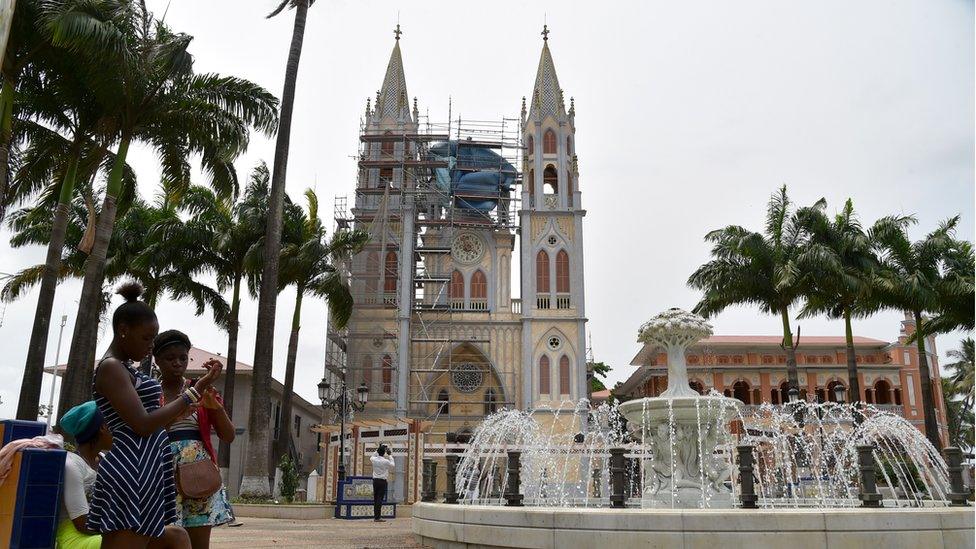
The Cathedral of Santa Isabel in Malabo is one of the traces of Equatorial Guinea's colonial history
Related topics
- Published9 March 2023
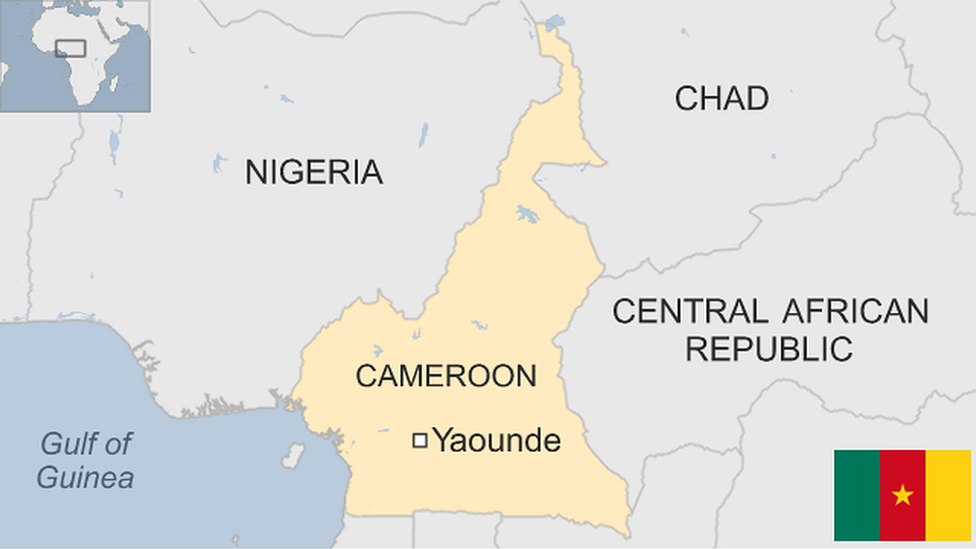
- Published22 August 2023
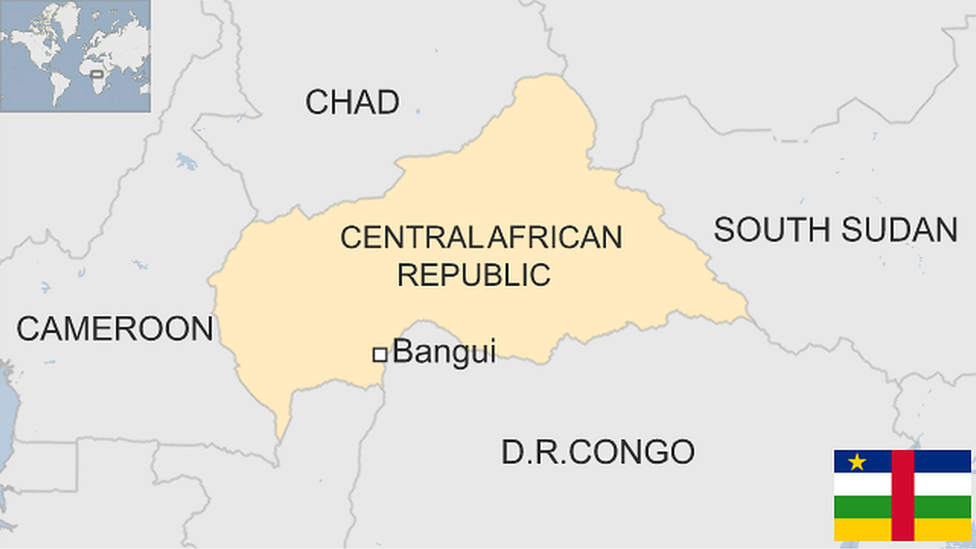
- Published31 January
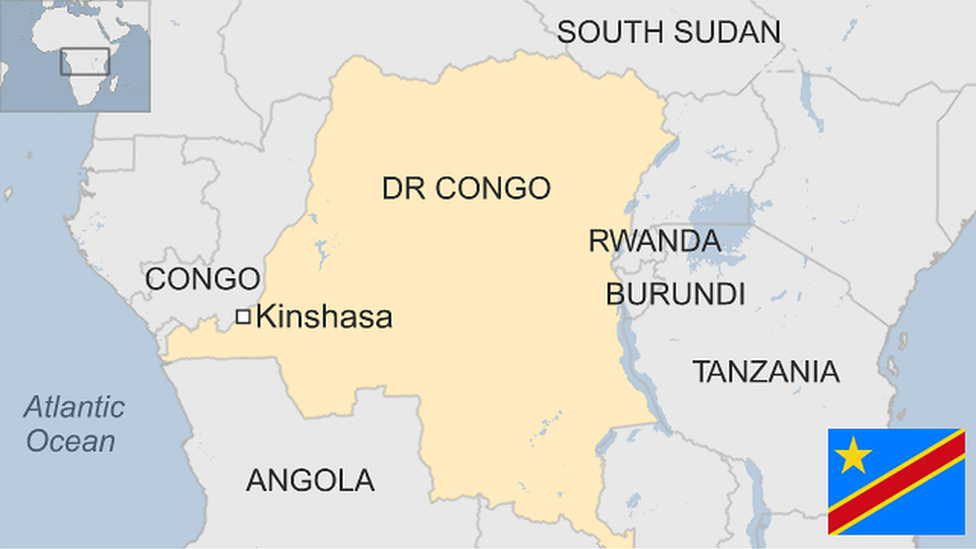
- Published11 April 2023
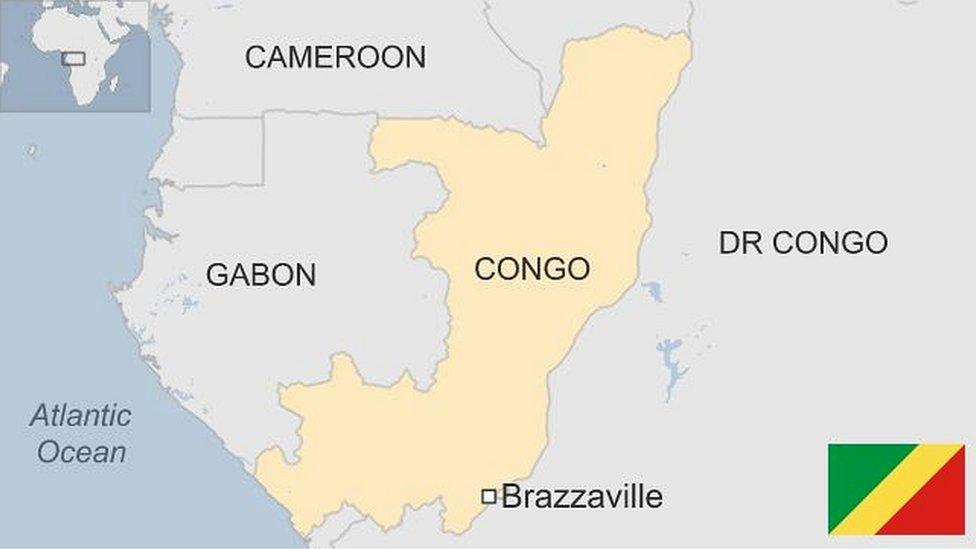
- Published1 September 2023
